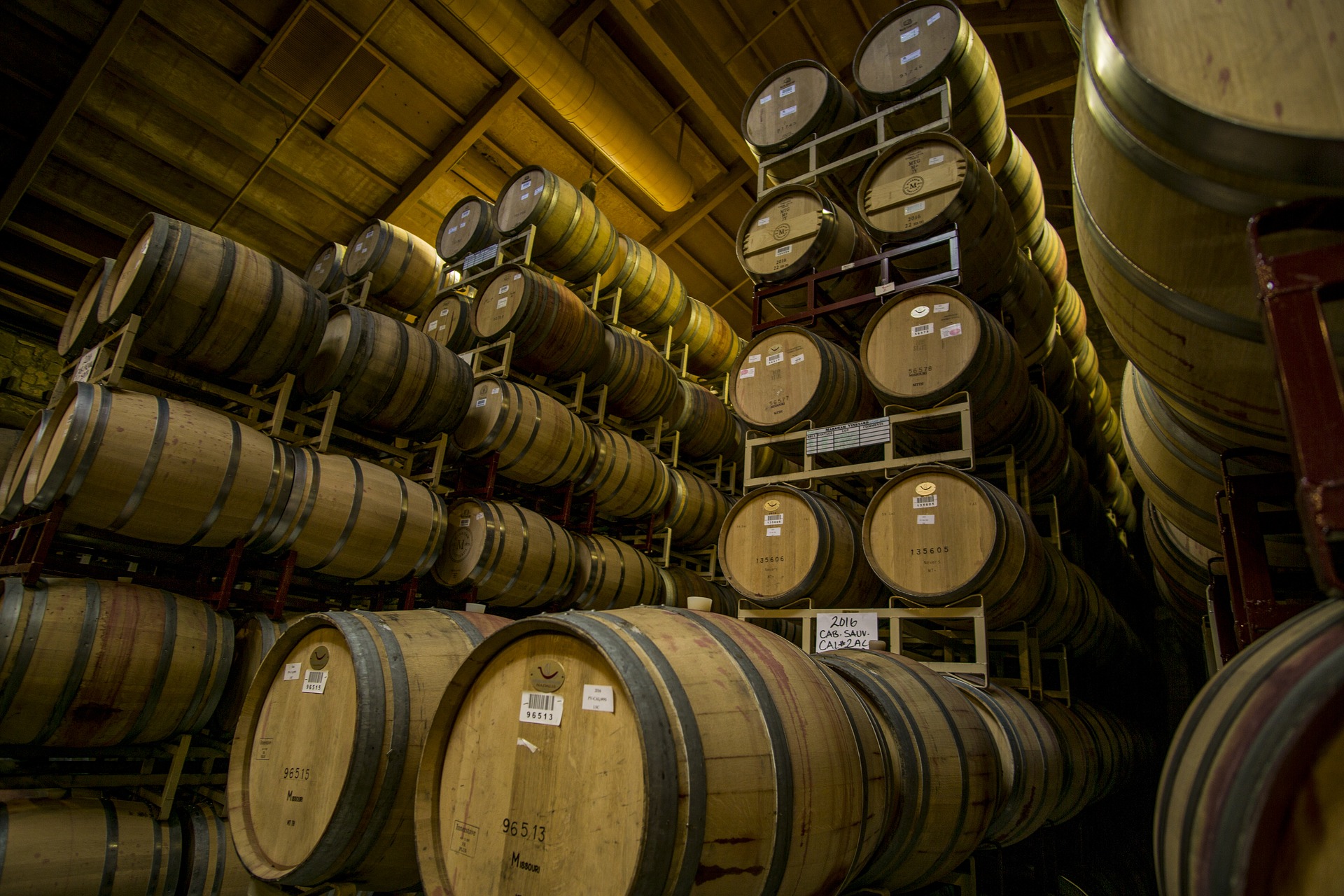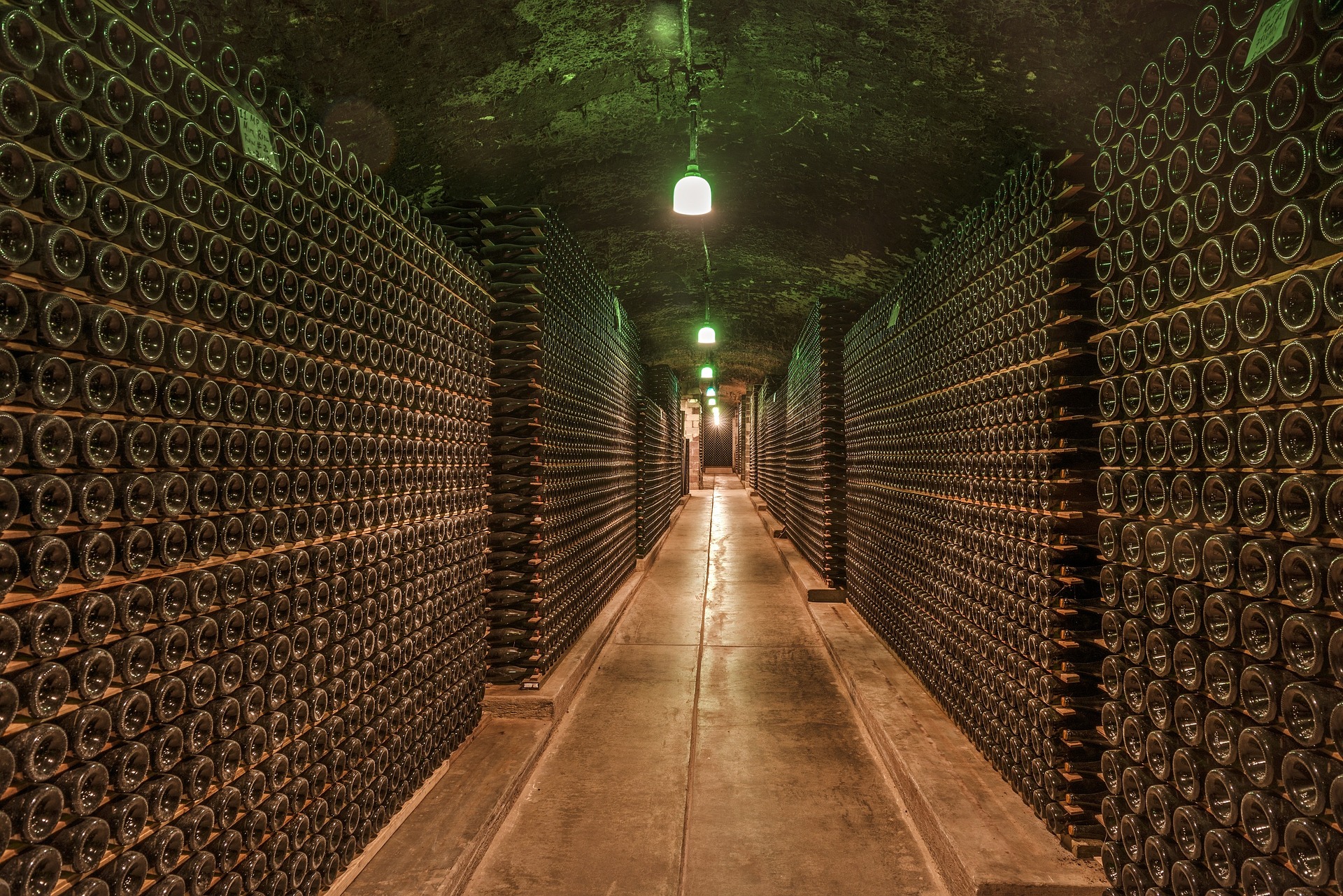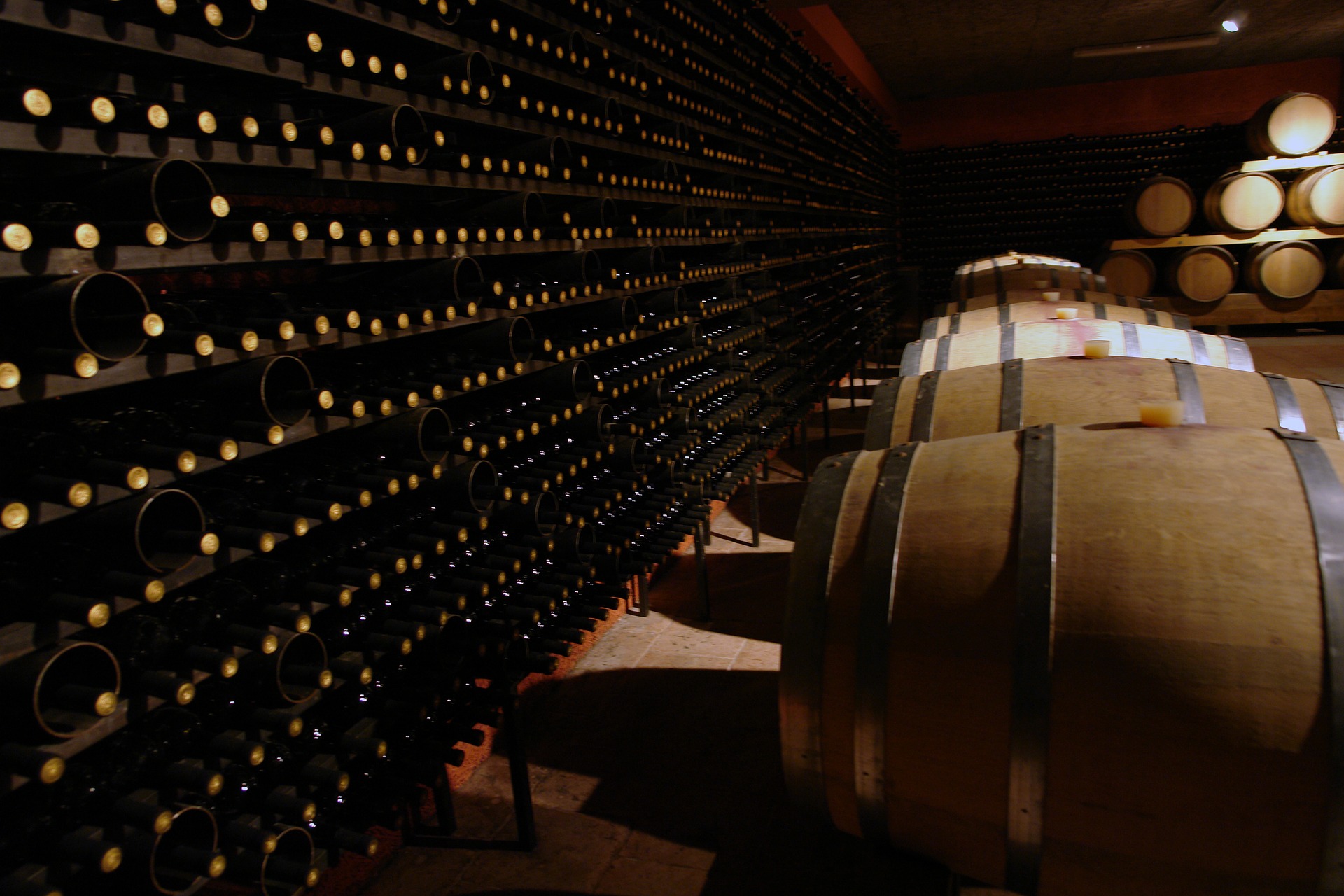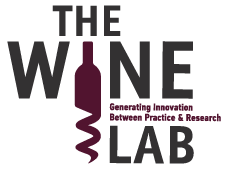(1) FRAMING THE PROBLEM
Wine is a complex beverage made up of molecules that can be easily altered if chemical and physical conditions change. These, in turn, can affect the organoleptic characteristics of the wine itself.
As of today, many DOP disciplinary documents expect bottled wines to rest for a while in the winery for a period of time (months but even years) before it gets sold. An example of this is the Riserva wine.
During the bottling phase, wines are pumped through a filter so it is inevitable that their organoleptic features are altered.
Some importers are collecting bottled wine from the market in some period of the year, so it is advisable to have some in stock, not to run out.
It is paramount to have appropriate environments where to store wine.
(2) THE SPECIAL ENVIRONMENT OF THE WINERY
The winery is the place where all transformations from vine to wine happen. This is made possible by the chemical and physical reactions that allow this transition thanks to the influence of temperature. In addition, the winery is the place where wine is stored in containers (of steel of concrete) or barriques so specific environmental conditions are needed and these are different from those required by the conservation of wine in bottles.
- In the winery, there ought to be a high humidity which is propaedeutic to the conservation of wine
⇒ As a consequence, the processing area, the fining environment (in barriques or containers) and the storage area need to be separated and subjected to specific and different temperature and humidity conditions.



